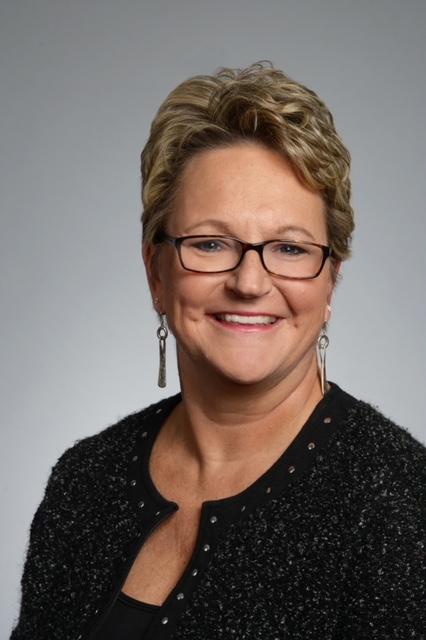Carolyn Henry was announced as the new dean of the College of Veterinary Medicine, effective Feb. 1, by former Provost and Executive Vice Chancellor Garnett Stokes. Henry had served as interim dean since Aug. 1, 2017.
Henry is the first female dean in the history of MU’s veterinary school.
“I’m excited,” Henry said. “It’s difficult as an interim to do as much as you’d like to do because you don’t want to set the next person up for the decisions you’ve made. But now that I know that I’m going to be here and stay here, I feel there are initiatives that now we can go ahead with.”
Henry earned her veterinary medicine degree and masters of science degree at Auburn University. Since arriving at MU 20 years ago, Henry has held various positions across campus. She joined the faculty as an assistant professor of oncology in 1997. The MU School of Medicine granted her a dual appointment in 2001. In 2002, she became the director of the Tom and Betty Scott Endowed Program in Veterinary Oncology. Since 2011, she has served as the associate director of research at the Ellis Fischel Cancer Center.
With other newly appointed leadership, there is a renewed spirit of collaboration on campus and hopes for innovation in the upcoming years, Henry said. Under her guidance, the veterinary school will continue to provide its “hospital function” while also promoting education and research through increased collaboration.
Continuing under Henry will be a partnership between the College of Veterinary Medicine and the College of Agriculture, Food & Natural Resources. A partnership between the College of Veterinary Medicine and CAFNR, the National Center for Applied Reproduction and Genomics in Beef Cattle, was made recently, Chris Daubert, the newly appointed dean and vice chancellor of CAFNR, said.
“Dean Henry and I are two of the three newest deans at Mizzou,” Dauber said. “The Mizzou way is steeped in the promotion of interdisciplinary efforts — those programs that require a collection of disciplines that transcend colleges. Dean Henry and I share a feeling that we will be stronger colleges, a stronger university, through our partnership and collaboration.”
Beyond collaboration, Henry also plans to expand the scope of the veterinary school in the future. This includes reaching out to underrepresented minorities early on through K-12 outreach programs.
“For over 20 years, I have seen things that I wanted done either bigger or better,” Henry said. “Now I am actually in a position to make that happen. I would like to see us become one of the top-five vet schools in the country.”
_Edited by Stephi Smith | [email protected]_








